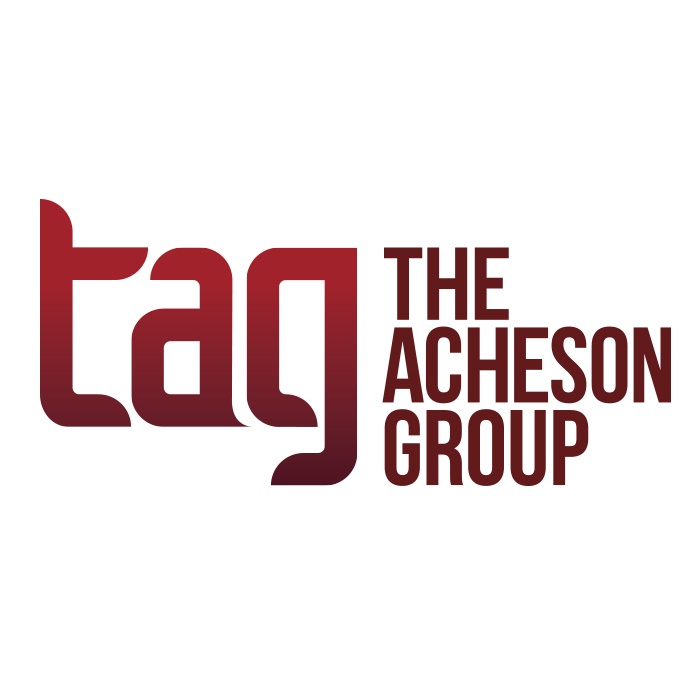On the last day of 2015 FDA issued a new packaging rule, amending the food additive regulations to no longer provide for the use of three specific perfluoroalkyl ethyl containing food-contact substances (FCSs) as oil and water repellants for paper and paperboard for use in contact with aqueous and fatty foods. Although U.S. manufacturers had generally stopped using these products prior to the new rule, the regulation provides a heads-up for industry of the need to be aware of packaging, and other such supply, risks – especially in those that are coming from other parts of the world. This is particularly true when one considers the reasons FDA issued the Indirect Food Additives: Paper and Paperboard Components. That is: In response to a Food Additive Petition filed by the Natural Resources Defense Council, the Center for Food Safety, the Breast Cancer Fund, the Center for Environmental Health, Clean Water Action, the Center for Science in the Public Interest, the Children’s Environmental Working Group, and Improving Kids’ Environment; and Because of new data on the toxicity of substances structurally similar to these compounds that demonstrate there is no longer a reasonable certainty of no harm from the food-contact use of these FCSs. FDA had authorized the use of the FCSs before safety concerns came to light, which it identified through a comprehensive review of the available literature – in 2010. At that point, FDA worked with industry to stop distribution of the long-chain PFCs most commonly used in food packaging, and by October 1, 2011, manufacturers had voluntarily stopped distribution. However, the use of the FCSs was not banned until very recently, with the publication of this rule. While the regulation includes a 30-day period for the filing of objections, and the ability to file a request for use, addressing FDA’s safety concerns, through the Food Contact Notification Process, the rule was effective immediately upon its January 4, 2016, publication in the Federal Register. Why is this timeline important to industry? It is indicative of the focus and awareness that each food facility needs to maintain on all potential food safety risks from chemical to micro – whether legally banned or not. Not only does such foresight help to ensure the safety of your customers, it keeps you ahead of the curve so that such regulations are not a surprise requiring a quick, and likely expensive, change in your materials, processing, or ingredients. This can be particularly applicable to materials and ingredients from foreign suppliers who may not be aware of the hazards or FDA’s ban, as these will now be even more subject to all such regulations with the rollout of FSMA’s Foreign Suppliers Verification Program (FSVP) rule. This reminds me of the way in which pesticides are used in other parts of the world. We have seen examples, such as carbendazim in orange juice, where a pesticide is approved in one country but not in the U.S. which then gets U.S. firms in trouble. So the analogy is clear, in that U.S. food companies need to spend as much attention on packaging being used by foreign suppliers as they do on the ingredients being used by foreign suppliers. Industry can expect to be busy working on all FSMA compliance through the upcoming year – and into the next. And as you do so, you need to not only ensure you keep an eye on the fine print applicable to your processes and products, but that you read between the lines to ensure you understand and prevent all the risks that are specific to you. Remember, risks associated with primary packaging should be considered in your “hazards that require a preventive control.” As this new rule shows, this means chemical risks need to be considered as much as micro risks. And it means staying on top of science to prevent and control not only hazards that have been identified as resulting in serious adverse health consequences or death to humans or animals (SAHCODHA), but also those that may be questionable in nature, such as those on the regulatory radar for “voluntary” disuse. About The Acheson Group (TAG) Led by Former FDA Associate Commissioner for Foods Dr. David Acheson, TAG is a food safety consulting group that provides guidance and expertise worldwide for companies throughout the food supply chain. With in-depth industry knowledge combined with real-world experience, TAG’s team of food safety experts help companies more effectively mitigate risk, improve operational efficiencies, and ensure regulatory and standards compliance. www.AchesonGroup.com





